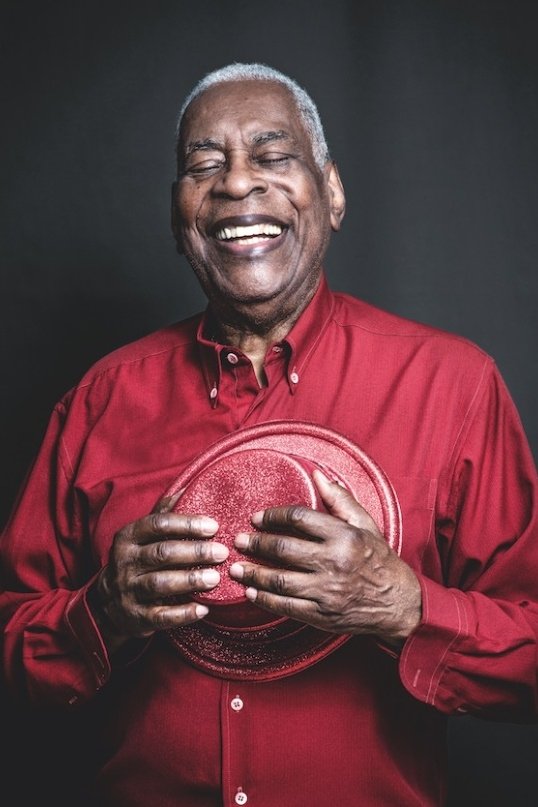
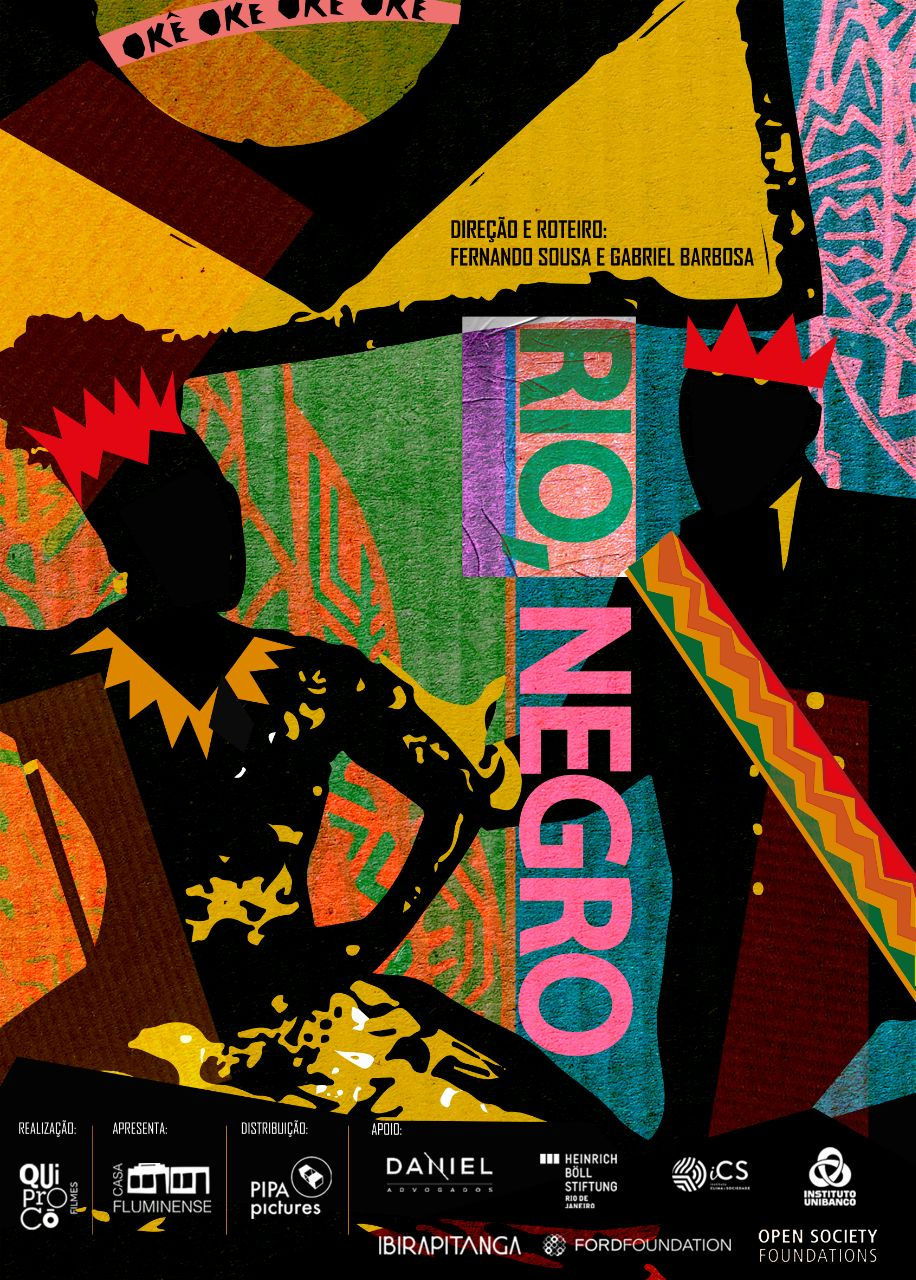
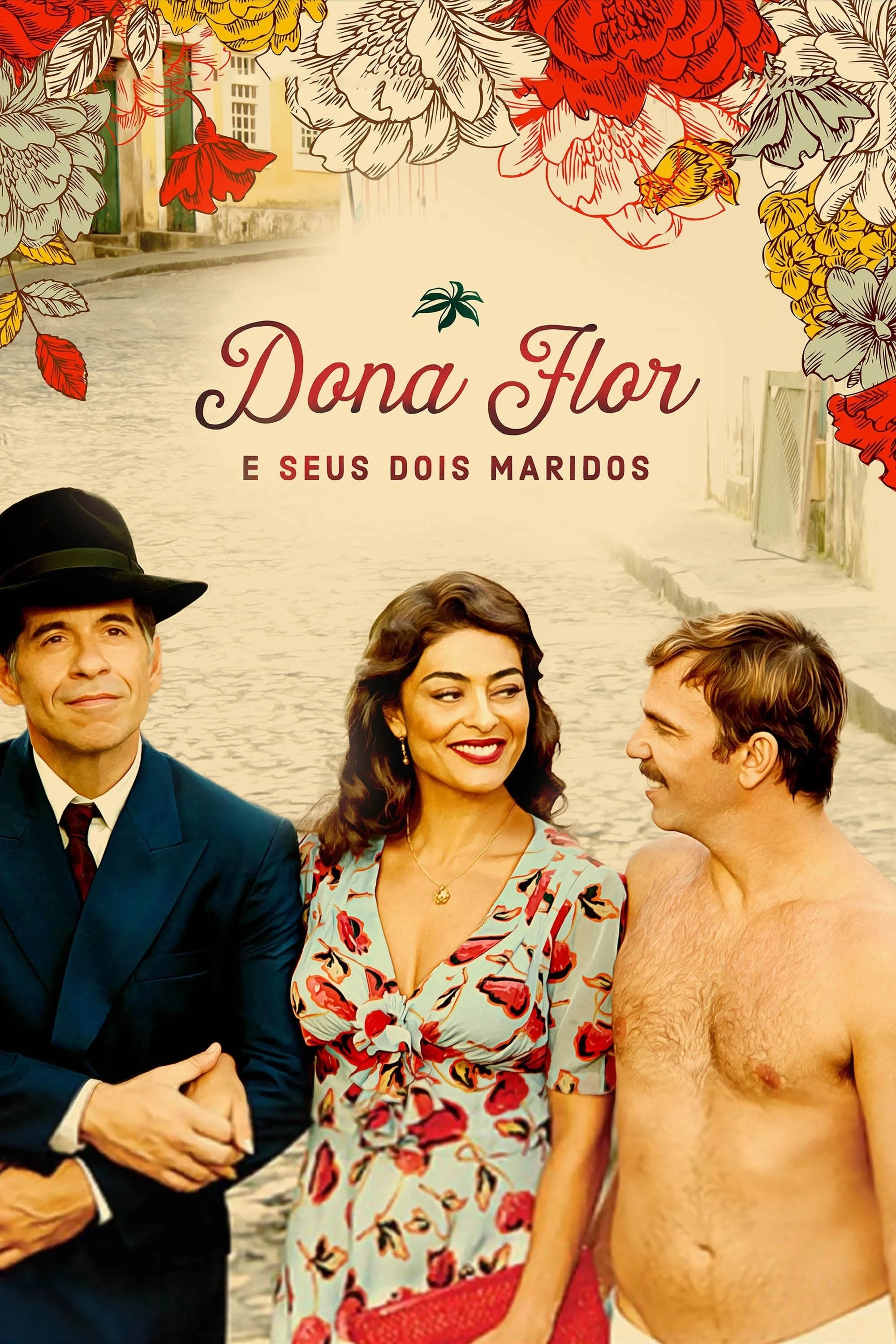
In a small city of Brazil, Flor (a very good looking woman) marries Vadinho, a very handsome and erotic man. Once married she finds he is a good-for-nothing. She works teaching cooking to her neighbours but he takes all her money to gamble. One day he dies. Flor misses the goods of the marriage so she marries again with a very correct gentleman – the owner of the drugstore (Teodoro). Now she’s very happy with her man, but misses the erotic moments with her previous husband. Then the ghost of Vadhino comes to earth to chase her.
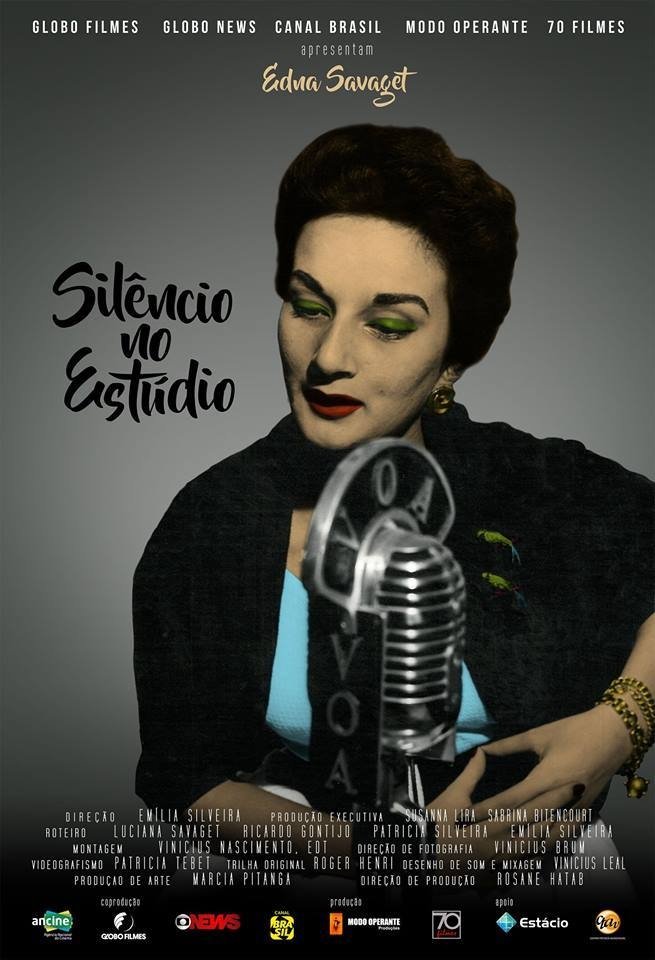
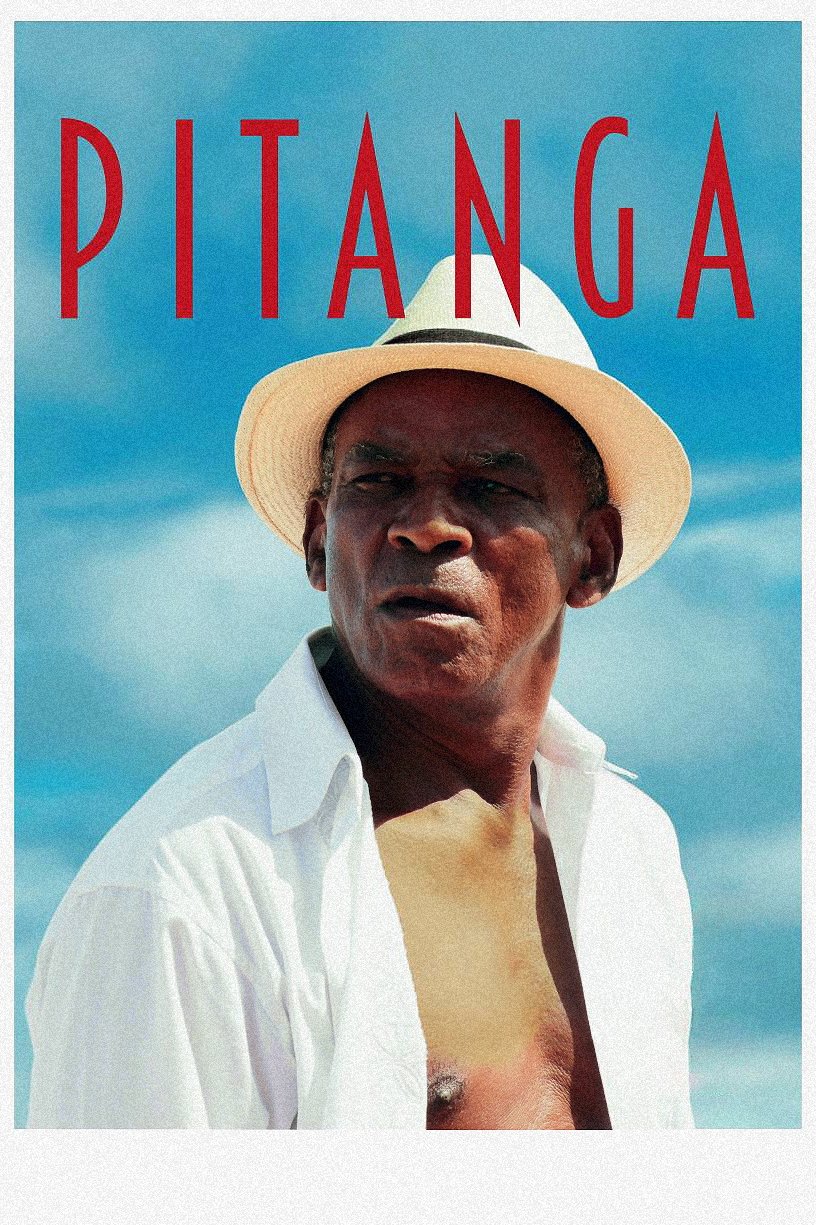
This documentary investigates the aesthetic, political and existential trajectory of emblematic Black Brazilian actor Antônio Pitanga. His career spans over five decades, and he has worked with iconic Brazilian filmmakers Glauber Rocha, Cacá Diegues and Walter Lima Jr. He was a prominent figurehead and outspoken activist during the Brazilian dictatorship, a period of unrest in Brazilian cinema. "Pitanga" deep dives into the world of Antônio and the history of Brazil. The documentary was directed by his daughter Camila Pitanga, one of widely recognised faces in Brazilian television and cinema right now. The film is also a poem, and a tender ode to fatherhood.
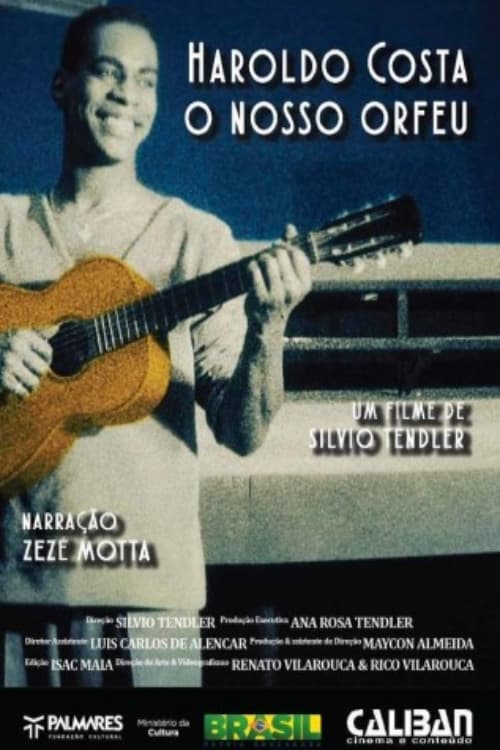

Conceição is a poor girl that left Minas Gerais in search for a new life, away from the coal ovens. She runs away on a cargo train to Rio de Janeiro, where later she takes shelter with a loving family in Rio's suburbs. She falls in love with Cleiton, a hard working and rebel young man, who grew up without a father and lives between good and evil. Conceição becomes a brazilian funk star, but she doesn't loose her pure nature, reassuring her integrity before the obstacles of life. These common people face a recurring dilemma to all of us: How to maintain your notion of justice, ethics and morals, in times of violence, inequity and decadence of values?
Jonas and Flávio are a couple who have a stable relationship. One night they get involved with Maíra who unexpectedly becomes pregnant.
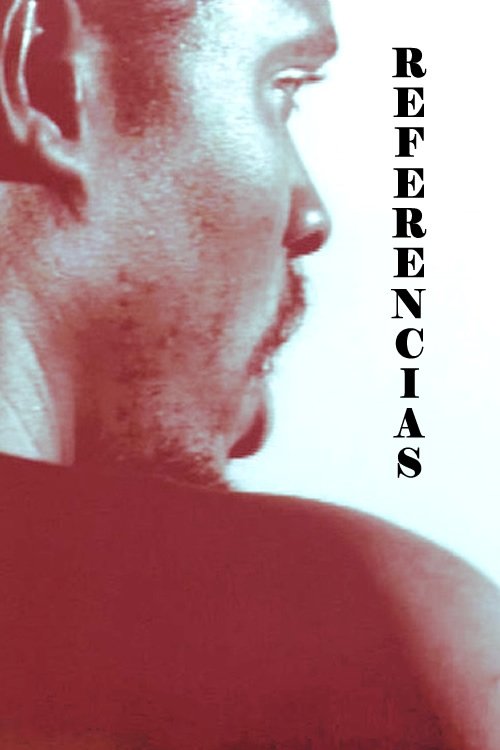
During a showing of rare Afro-Brazilian Cinema films at the Cinematheque of the Museum of Modern Art of Rio de Janeiro, actor/filmmaker Zózimo Bulbul gathered some of the most notorious Brazilian black directors to talk about their works, their lives and their perspectives on the future.
By browsing this website, you accept our cookies policy.